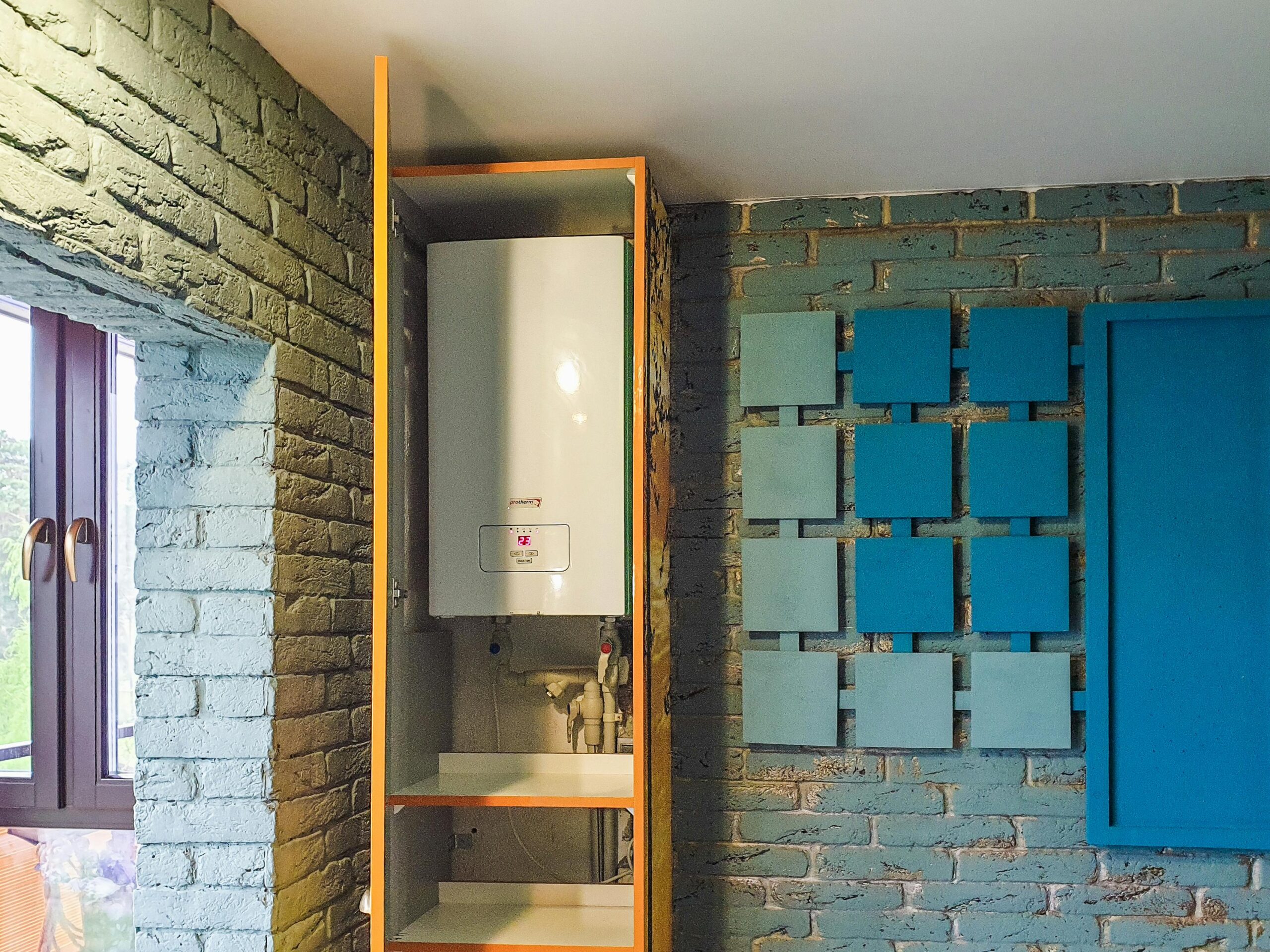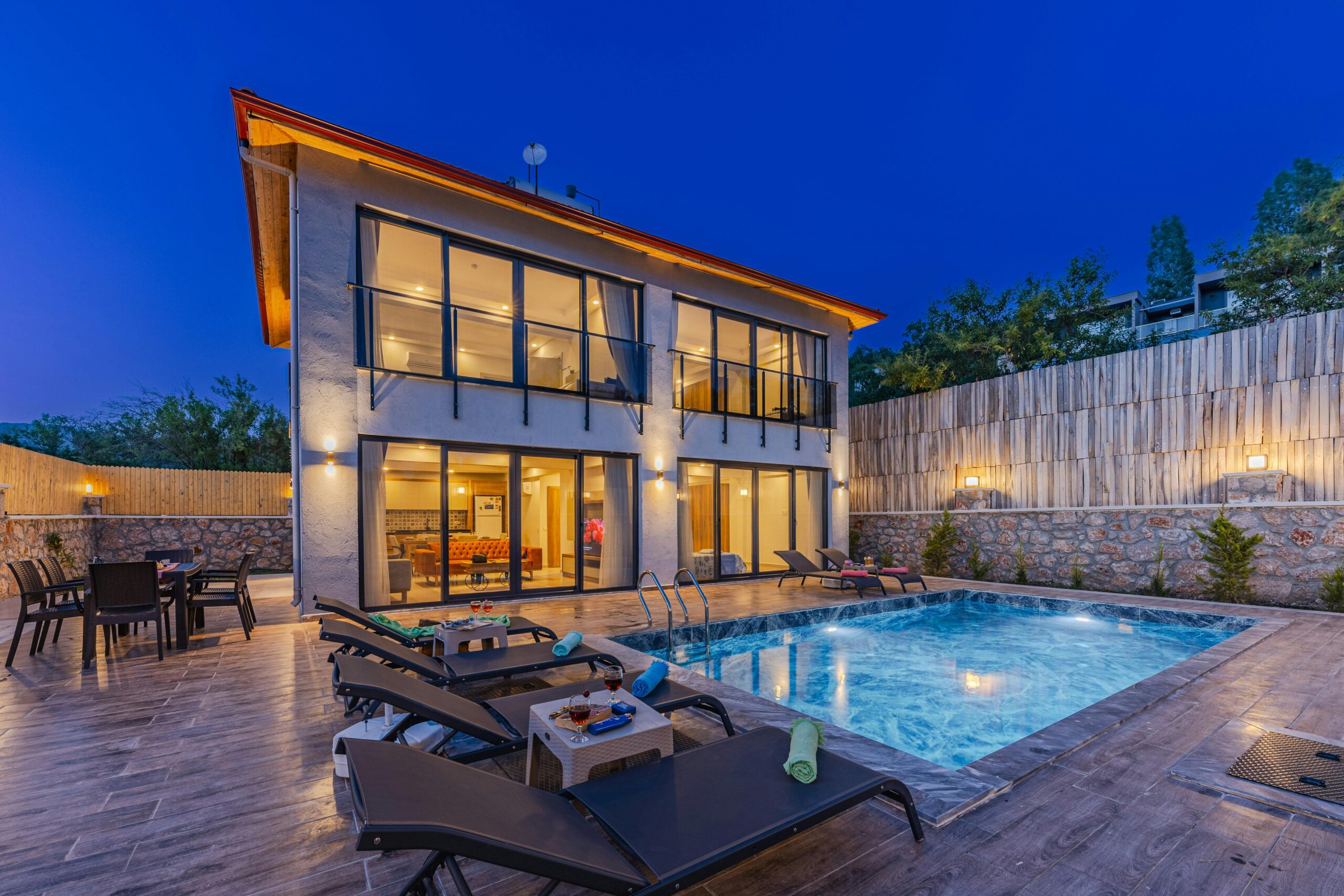Tankless water heaters have become an increasingly popular option for homeowners seeking efficient and space-saving plumbing upgrades. Instead of storing hot water in a tank, these systems heat water on demand—delivering endless hot water while potentially lowering energy costs. But are they right for every household? In this guide, we’ll walk through the water heater pros and cons, installation considerations, and how these systems fit into a modern, energy-efficient plumbing setup.
What Is a Tankless Water Heater?
Tankless water heaters, also called on-demand water heaters, heat water as it flows through the unit, without the need for a storage tank. When you turn on a hot water tap, cold water travels through a heat exchanger—powered by electricity or gas—and delivers hot water within seconds. These systems are compact, often mounted on walls, and can be installed in utility rooms, garages, or even outdoors depending on your climate.
The Main Benefits of Tankless Water Heaters
The biggest selling point is efficiency. Traditional water heaters constantly heat a tank of water, even when you’re not using it, while tankless systems only operate when hot water is needed. This can reduce energy consumption and lower utility bills over time. Additionally, tankless units offer a virtually endless hot water supply, ideal for families or households that frequently run multiple water sources at once.
Space-Saving and Design Flexibility
If you’re short on storage space or want to open up utility closets, tankless water heaters are a smart solution. Their slim profile frees up square footage and offers more placement options than bulky tank-style models. For smaller homes, condos, or remodels with limited space, the flexibility of mounting these units on walls is a definite advantage.
How Tankless Heaters Support Energy-Efficient Plumbing
One of the top reasons homeowners consider switching is energy efficiency. According to the U.S. Department of Energy, tankless water heaters can be 24%–34% more efficient for homes using 41 gallons or less of hot water daily. By cutting standby energy loss and only heating water when needed, these systems help support a greener home and reduce your long-term carbon footprint.
The Upfront Cost Factor
Tankless water heaters do tend to cost more upfront compared to traditional models. Not only is the unit itself more expensive, but installation can be pricier, especially if retrofitting is needed. Upgrading gas lines or adding electrical circuits may be required, depending on your existing plumbing system. While these costs can be offset over time through energy savings, the initial investment is a key consideration.
Limitations in Water Output
While tankless heaters supply endless hot water, they have a maximum flow rate. If multiple showers, dishwashers, and laundry machines are used simultaneously, the unit may struggle to keep up. Large households may need to install multiple units or opt for a higher-capacity model to meet demand. It’s important to size the system correctly based on your water usage patterns.
Maintenance Requirements and Lifespan
Tankless systems typically last longer than traditional water heaters—up to 20 years with proper maintenance. However, they do require regular descaling, especially in areas with hard water. Annual flushing and filter checks are recommended to maintain performance. Skipping maintenance can lead to costly repairs or reduced efficiency, so homeowners should be prepared for some ongoing upkeep.
Compatibility with Older Homes
Installing a tankless unit in an older home isn’t always straightforward. Plumbing or electrical systems may need upgrades to accommodate the newer technology. Venting, gas line sizing, or circuit capacity may become obstacles during installation. A professional plumber can evaluate whether your home is a good candidate and identify any modifications needed to meet local code requirements.
Is a Tankless Water Heater Right for You?
Your household size, water usage habits, and long-term budget all play a role in determining whether a tankless system makes sense. They’re especially effective for small to mid-sized homes focused on energy-efficient upgrades or for homeowners looking to reduce monthly utility bills. Consulting a licensed plumber through AskHomey can help you make a well-informed decision based on your unique needs and home setup.
When to Hire a Plumbing Pro
Switching to a tankless water heater is not a DIY project. It involves complex electrical or gas work, proper ventilation, and expert calibration. A licensed pro will ensure everything is installed safely, meets code, and runs efficiently from day one. AskHomey makes it easy to connect with trusted local plumbers who specialize in energy-efficient plumbing solutions and tankless water heater installations.



